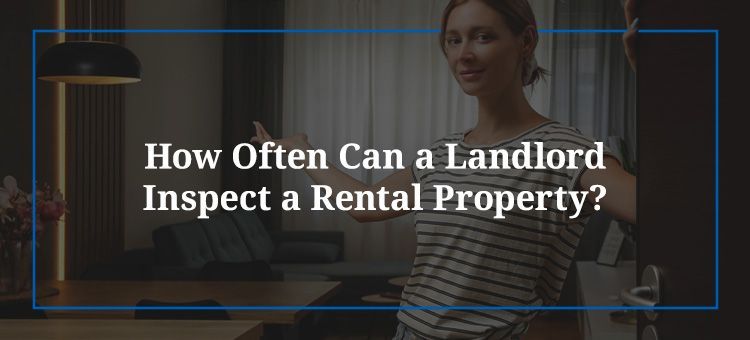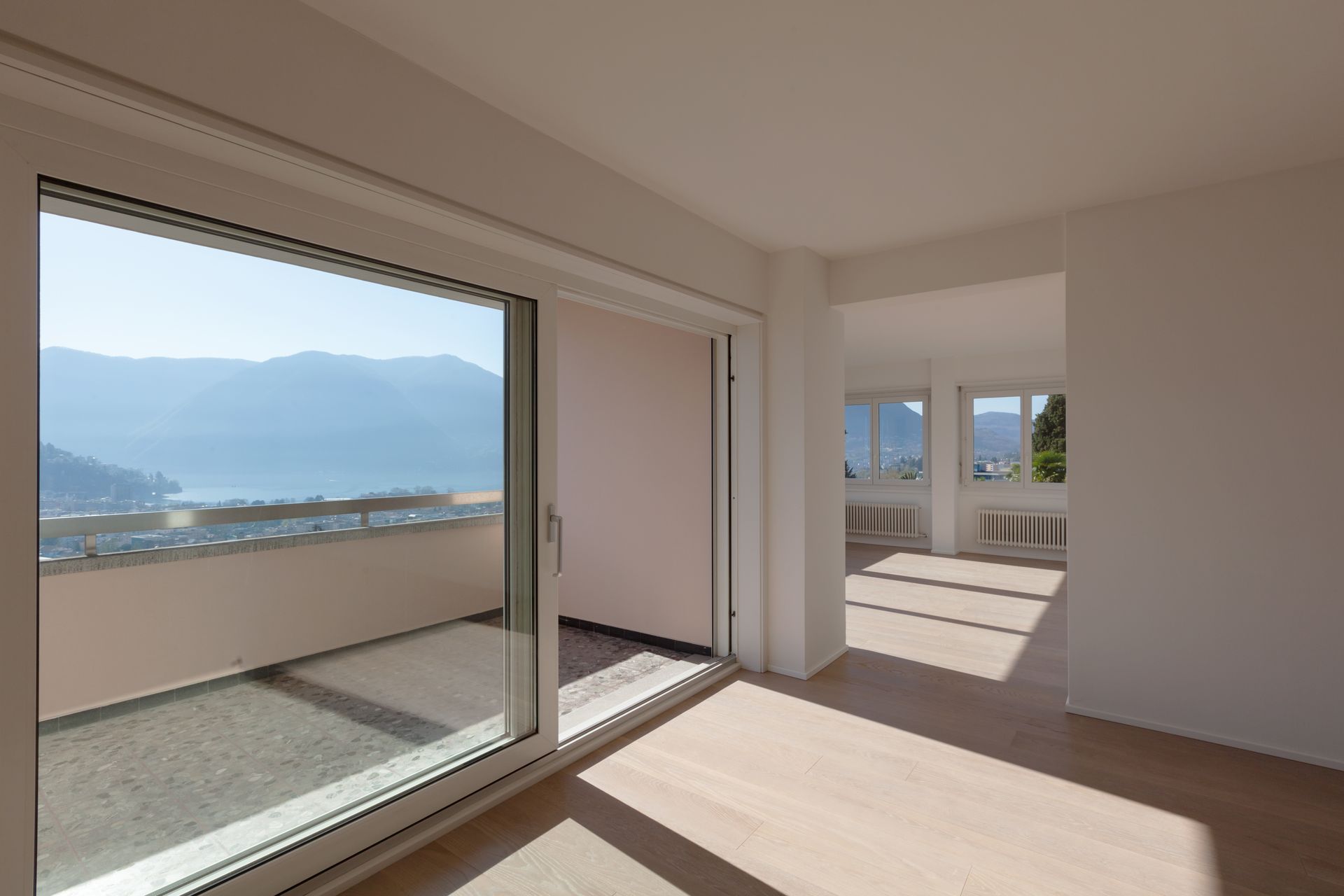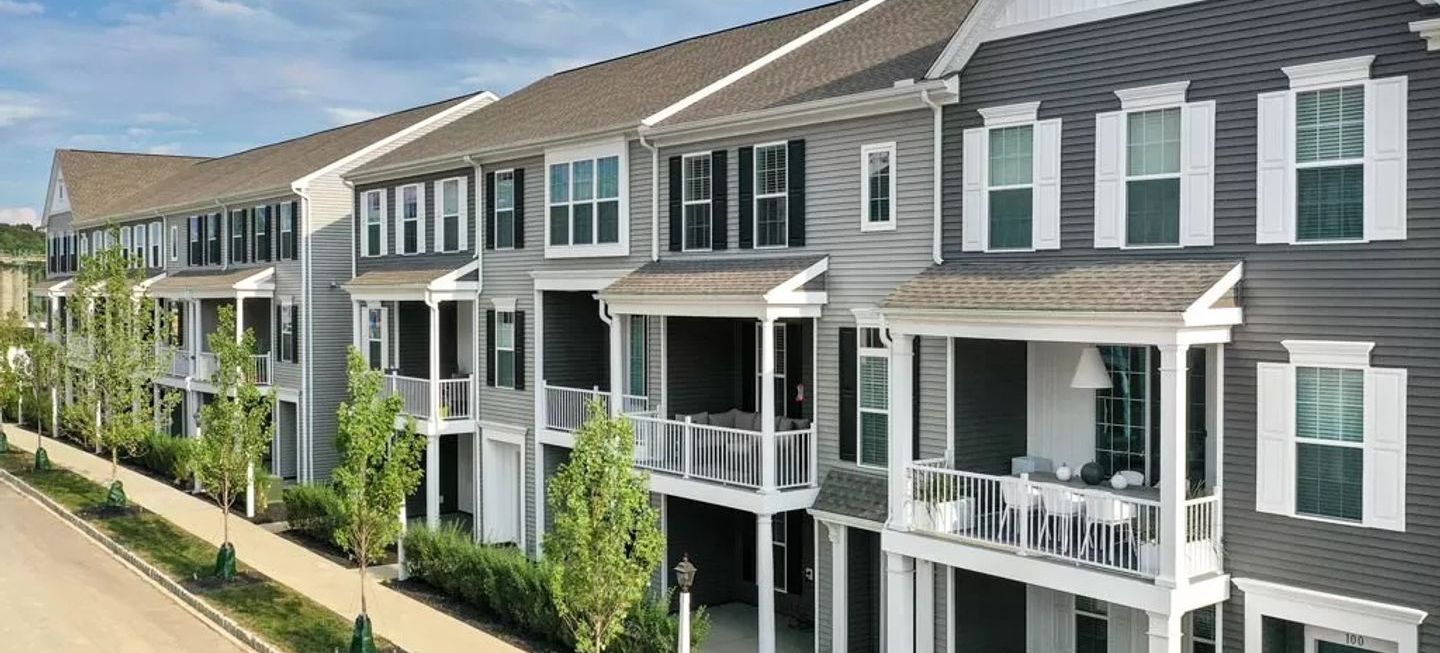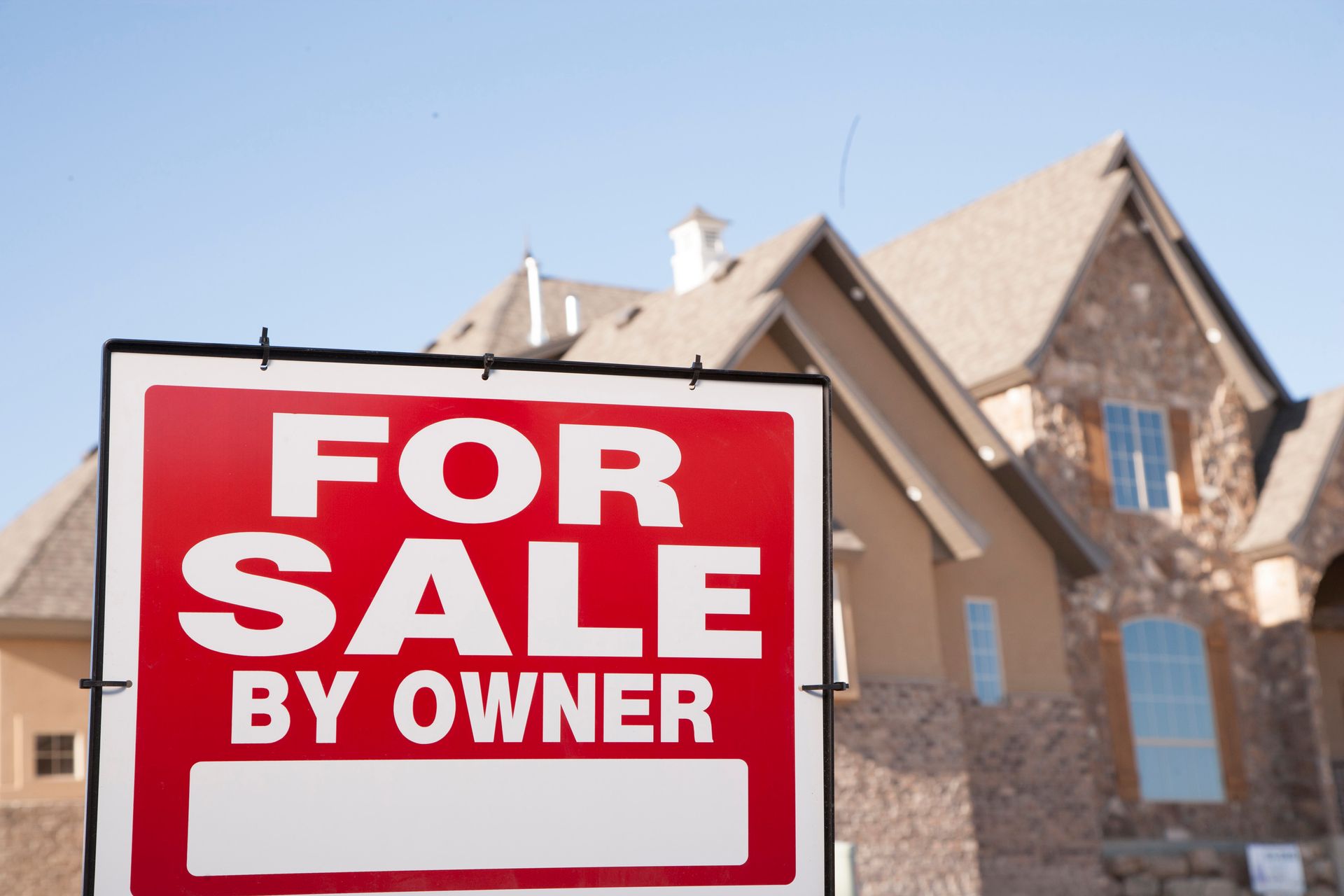How Often Can a Landlord Inspect a Rental Property?
This is paragraph text. Click it or hit the Manage Text button to change the font, color, size, format, and more. To set up site-wide paragraph and title styles, go to Site Theme.
Property inspections are vital for keeping track of one's investment. However, you must strike a balance between vigilance and invasion of privacy, leaving many landlords and property owners to wonder how often they can inspect their rentals to confirm that they are being kept in good condition. Learn more about the value of routine property evaluations, what is considered sufficient notice and the issues that can arise from excessive landlord inspections.

Why Are Property Inspections Important?
Owning a property is a serious investment. Inspections are opportunities to perform a periodic checkup on the building's condition to ensure it remains safe, secure, comfortable and aesthetically pleasing.
Why Do Landlords Do Inspections:
- Protection of the property investment: Regular inspection can help detect problems before they become major emergencies, saving everyone time and money in the long run.
- Ensuring occupant health and safety: A landlord's responsibility goes beyond property, extending to the safety of its residents. Checking smoke alarms, pest control and other safety measures is paramount.
- Confirming compliance with lease terms: Inspections ensure tenants adhere to the terms of their lease agreements, keeping the property in good condition.
Can a Landlord Do Monthly Inspections?
In short, yes, a landform can perform inspections monthly, but they do have to provide written notice. Two main factors determine how often inspections can happen — purpose and professionalism. The general maintenance terms of the lease agreement may fully disclose inspection frequencies, but random and spontaneous inspections may also take place. These might occur in response to a sporadic crisis or natural disaster or simply be random drills.
Regardless of the cause of the inspection, it is essential for all property managers and caretakers to let tenants know via a written rental inspection notice what is happening and when.
The primary reasons for inspections often fall under these categories:
The golden rule to abide by is respect for the tenant's privacy and strict adherence to state regulations. Excessive landlord inspections can impede a tenant's comfort level, even in a safe building. Generally, landlords must provide at least 24-hour notice before an inspection, but this depends on different state requirements.
When Are Inspections Considered Excessive?
While what constitutes an excessive number of landlord inspections is somewhat subjective, tenants may complain if frequent visits hamper their comfort and quiet enjoyment of the property. Though the landlord does own the property, It is important that they respect the tenants' rights. Generally speaking, landlords should only conduct inspections as scheduled in the lease agreement or when necessary due to a change in tenancy status. For example, it's not unreasonable to have daily showings after a move-out notice since doing so is important for finding a new tenant.
Inspections Prompted by Suspected Lease Violations
This is a tricky area. Landlords may have valid concerns about potential lease violations, but they must still adhere to state regulations concerning rental inspection notices, entry notices and tenant privacy. The best approach is to communicate concerns promptly and professionally with the tenant.
How to Handle Property Inspection as a Landlord
Striking a balance between the need to inspect the property and respect for tenant rights is a legal and moral obligation.
The following are good general guidelines as to how landlords should navigate rental property inspections:
- Transparency: Always be clear about the reasons for an inspection. Inform tenants ahead of time, providing as much notice as possible.
- Professionalism: Treat every tenant with respect and remember to maintain a professional demeanor during inspections.
- Empathy: Viewing inspections from the resident's perspective can go a long way. Respect their privacy and always follow up with any concerns in writing.
- Stay Informed: Each state might have its own regulations on rental inspection notices. It’s crucial for landlords to be aware of these to avoid legal complications.
For landlords, property management is more than bricks and mortar — it's about building relationships. Regular inspections are a window into the health of an investment, but they also offer insights into the living conditions of the tenants. When approached with empathy and professionalism, inspections can foster trust and mutual respect, letting landlords confirm that their investment is in good condition and reassuring tenants that their living area's needs will be met.
Your Path to Property Success
At Harrisburg Property Management Group, we understand the intricacies of property management.
We tailor our range of services to meet the needs of modern landlords, offering:
- Numerous available property inspections: Our team offers several inspection options that aid in keeping you informed of your property condition.
- Lease agreement consultations: Stay informed with our expert advice on lease terms that respect both landlord and tenant rights.
- Maintenance and repairs: From routine checks to emergency repairs, we have you covered, ensuring your tenants have access to timely support.
- Tenant screening: Find occupants for your property with our time-tested tenant screening and leasing process.
The team at Harrisburg Property Management Group can assist you in navigating the complexities of landlord-tenant relationships while ensuring both parties feel valued and respected. Connect with us today to learn more about our property management services.














